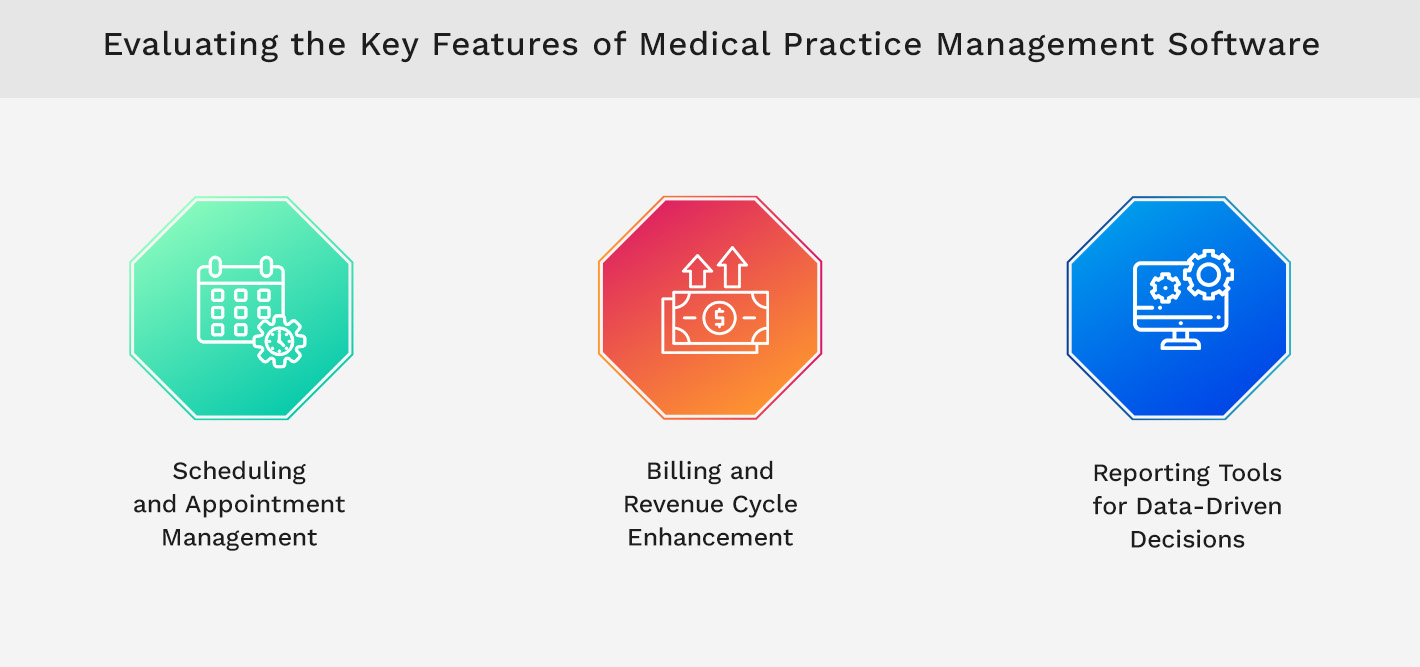In today's fast-paced world, our healthcare industry is constantly evolving, and one of the most significant advancements is the advent of medical management software. This innovative technology has the potential to revolutionize the way healthcare providers handle patient information, optimize operations, and improve overall patient care. As we welcome digital solutions, it is crucial to understand how these tools can clear the way for a healthier tomorrow.

Medical management software serves as a holistic solution for healthcare professionals, offering features that boost efficiency and accuracy. From electronic health records to appointment scheduling and billing management, these systems can integrate various aspects of healthcare delivery. By employing medical management software, providers can focus more on what truly matters – delivering high-quality care to their patients while reducing administrative burdens.
Key Features of Medical Administration Software
Healthcare management software plays a crucial role in streamlining medical processes, and one of its key features is client management. This functionality enables healthcare providers to efficiently track patient appointments, medical histories, and care strategies. By consolidating information, professionals can reduce errors and improve communication, ensuring that clients receive timely and customized care. This feature also promotes better interactions between clients and healthcare team, contributing to a more positive medical experience.
Another significant feature is billing and coding streamlining. Healthcare management systems eases the billing process by instantly generating invoices based on provided services and verifying accurate coding for insurance submissions. This not only lessens the administrative burden on employees but also diminishes the chances of billing errors that can lead to rejected claims and delayed payments. As a result, healthcare facilities can enhance their financial management management, ultimately leading to better economic health.
Finally, analytics and reporting capabilities are essential components of healthcare administration systems. These tools allow healthcare administrators to produce comprehensive reports on patient demographics, treatment outcomes, and economic performance. By examining this data, professionals can spot trends, assess operational efficiency, and make data-driven decisions to enhance service delivery. Such understanding are vital for continuous improvement and can aid organizations adjust to the evolving healthcare landscape.
Benefits for Healthcare Providers
Healthcare management solutions offers a variety of advantages for healthcare providers by optimizing operations and improving patient care. One of the primary benefits is enhanced efficiency in office tasks. By automating scheduling, billing, and patient records management, clinicians can substantially reduce the time devoted to paperwork. This allows healthcare professionals to devote more attention to patient interactions, ultimately leading to improved patient satisfaction and care quality.
In addition to workplace efficiency, medical management software boosts data accuracy and security. With EMRs, healthcare providers can reduce errors associated with handwritten records. The software often includes built-in security measures that protect patient information, ensuring compliance with regulations such as healthcare privacy laws. This not only protects patient privacy but also reduces the risk of costly data breaches, building trust with patients.
Furthermore, these software solutions enable better decision-making through statistical analysis and reporting capabilities. Providers can access immediate analytics to track patient outcomes, maximize resource allocation, and identify trends within their practice. medicloudmed -based approach enables healthcare providers to make informed decisions that can enhance overall patient care and operational performance, ultimately contributing to the sustainability and growth of their practices.
Emerging Changes in Healthcare Management Solutions
As the environment of medicine continues to develop, healthcare management applications is set to play an ever more important role in encouraging patient-focused care. One notable trend is the incorporation of artificial intelligence and ML into these systems. By leveraging the capabilities of AI, medical management software can analyze patient data more efficiently, allowing for predictive analytics that can detect potential health risks before they become serious. This preventative approach enables healthcare providers to tailor therapies and interventions based on specific patient needs, ultimately leading to improved health outcomes.
Another exciting trend is the growth of telehealth capabilities within medical management software. With the increasing adoption of virtual visits and e-health tracking, technology solutions are more and more integrating features that support virtual visits and real-time communication between patients and healthcare providers. This combination not only enhances accessibility for patients in remote areas but also allows for more swift follow-ups and ongoing care management. As telehealth persists to grow, healthcare administration software will be key in facilitating a cohesive experience for both patients and providers.
Furthermore, the importance on interoperability among medical systems is gaining momentum. Future medical administration applications will emphasize the ability to share information across various platforms and organizations. This will lead to enhanced coordination of care, as healthcare providers can access detailed patient histories and treatment plans, regardless of the patient has received care. Enhanced data integration will promote collaboration among healthcare professionals and provide patients with a better integrated healthcare experience, finally supporting the drive toward integrated and efficient healthcare delivery.
